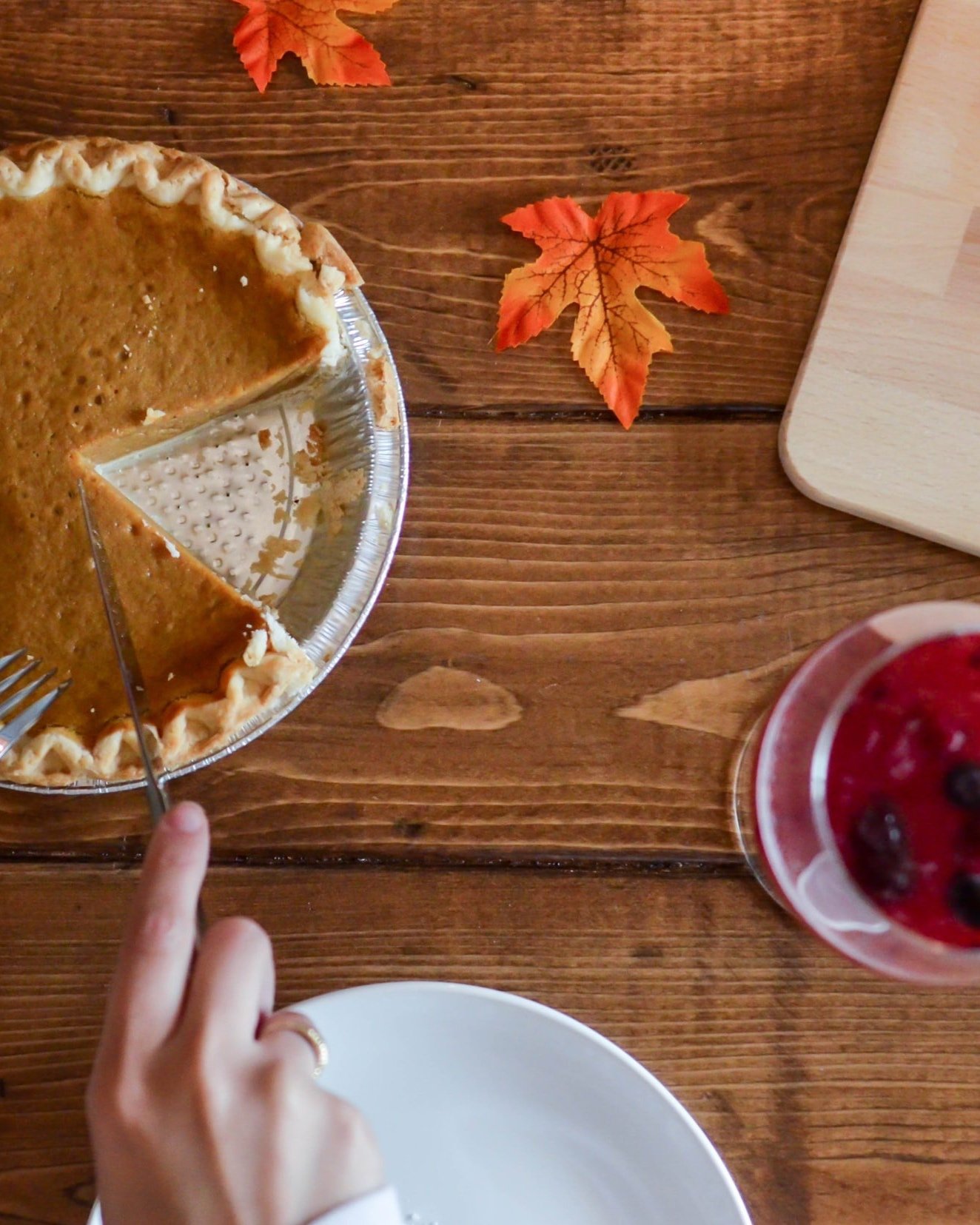Tis the Season to Be Mindful: Tips for Tacking 3 Common Holiday Stressors
Preparations for the holiday season are already in full swing - Christmas music can be heard over the radio, stores are stocking up for holiday shopping, and friends and families are making plans to gather together. While decorations, food, and family traditions may make the holiday season special for some, there are many people who find the holiday season difficult for their mental health.
If any of these holiday stressors sound familiar to you, you’re not alone. Read on for some helpful tips on how to handle difficult holiday situations while keeping mindfulness in mind.
1. Toxic Family Members
Family is often a large part of the holiday season. If you have toxic family members who may be in attendance at any of your holiday gatherings, being prepared for these encounters is key. Whether the toxicity stems from differences in political opinion, past family history, or unwelcoming attitudes, you are valid in your mental health concerns. Missing a gathering or two for the sake of your mental health is more beneficial in the long run. If you do have to encounter these family members, try to center yourself in the moment. Make conversation over neutral topics or avoid conversation all together. Give yourself a realistic timeline of how long you have to be at these family events and set boundaries with your family about your attendance. Enjoying the good parts of the holiday with focus and intention are the most important in these situations.
2. Eating Disorder Triggers
A centerpiece for many holiday traditions is often a large spread of decadent foods. If you are someone who is currently struggling or has struggled in the past with eating disorders, the holidays may be a very difficult time. Be mindful of your health and mental state when going into the holidays - be kind to your body and know that you need to nourish yourself with food by listening to your own hunger cues. Practice your limitations before the holiday season and try to combat negativity with a positive attitude. Knowing the signs and triggers for a relapse are crucial.
3. Sad or Troubling Memories
The holidays bring deep feelings of reflection on the current year, nostalgia of days gone by, and making new goals for the future. The traditions and familial gatherings contribute to these feelings of bittersweet nostalgia that can lead to an emotional season for many. If you have lost a loved one recently, are grieving or struggling with personal issues, the holidays can enhance these feelings, instead of aid them. It may be hard to feel jolly when the holidays no longer fulfill your expectations or if friend and family dynamics have changed over the years. Staying mindful is not the only solution to fighting these feelings, but may offer you some reprieve. Be sure to spend time reflecting and set realistic expectations for yourself about the holidays - any gathering or party, no matter how small or full of mishaps, should be celebrated as a win this holiday season. Set boundaries with others by taking time for yourself or making plans to be surrounded by people you love. Try to make new memories with your loved ones. Memories of celebrations gone by can be difficult to move on from, but finding joy in new traditions, foods, friends, and family can help you beat those holiday blues.

